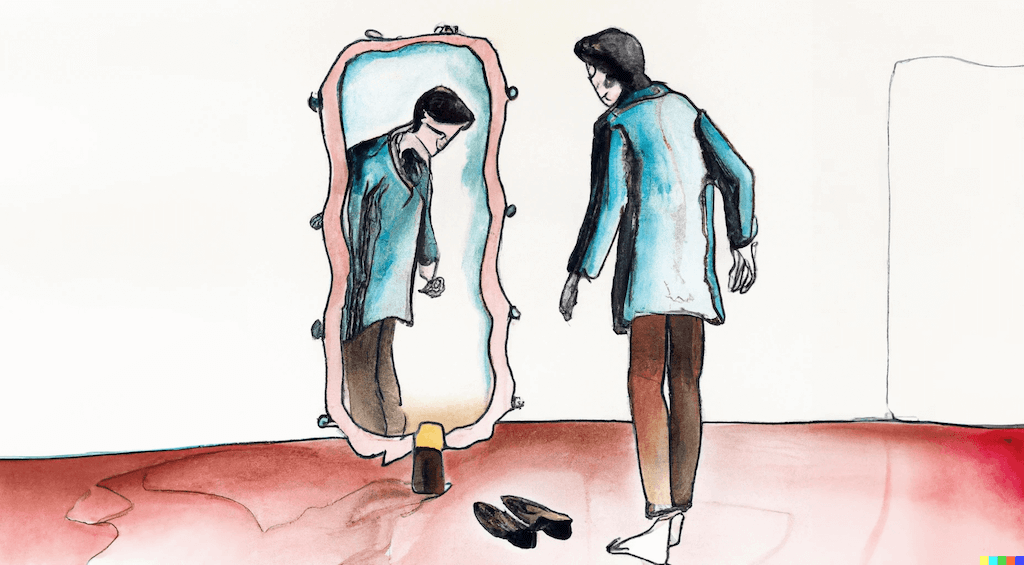The First Step Towards Change is Acceptance
The new year is a time when people traditionally look back at the past, and forwards towards the future. Accepting your past is often the key towards changing your future. Last year I read an article with an interesting point about looking backward.

At the start of 2022 the Guardian ran an article titled New Year, Same Old You!. This is one of many self-improvements essays that all tend to come out around New Year’s, but I felt this one had some nice points, and in particular I felt it tied in with Reiterate in some important ways. I don’t think it’s become at all irrelevant in the two years its spent sitting in my ideas pile.
New Year’s is a time when people traditionally look to improve themselves. Much of the advice that is given in regards to lists of resolutions is also applicable to people trying to improve at esports. Some people want to quit smoking; other people want to quit throwing away winning games. New Year’s resolutions can fail for the same reasons people improve to climb, and the main reason is that the person who is trying to improve is the same person who is devising the plan to improve. Let’s face it: if you’re hardstuck silver, why would you follow the advice of someone who is hardstuck silver to get out?
No one awakens in the morning, looks in the mirror and says, ‘I think I will repeat my mistakes today… but frequently, this replication of history is precisely what we do.
This is a way to get trapped in a perpetuating cycle of self-loathing. If you start by imagining yourself at your new rank, you inevitably feel bad about your current rank. This makes it even harder to change your playstyle, and when you inevitably fail to climb, you feel even worse about yourself.
Acceptance
The way out of this spiral is to embrace who you are at this moment. Accept your current rank, accept all the mistakes and misplays you make, accept your flaws. There’s nothing bad about making mistakes, everyone makes mistakes. Making a poor play does not make you a bad person.
Many people dream about achieving their goals. How good it will feel when they finally have that Diamond border. But here’s an experiment. Instead of imagining how you’ll feel when you achieve the rank you desire, try something else. Imagine a future where you never climb any higher than where you are right now. You will be hardstuck at this rank for the rest of your life. Really try to imagine that scenario. How does it make you feel? Does it feel awful? Make you depressed? Stick with that. Keep exploring that feeling, because that’s what’s holding you back.
Paradoxically, accepting that you’re just not a confident [player] and you’re always going to [lose games] will begin to make you feel more comfortable and less anxious [about your play].
Only by accepting who you are can you find the foundation upon which you can build your new skills.
Reiterate
As I’ve worked with Reiterate to improve my own play, I’ve accumulated a long list of flaws. Reiterate forces you to examine your own play and put into words (and voice) what your problems are. Every clip that I’ve recorded into Reiterate is an admission of a flaw. Some of those flaws I’ve managed to eradicate. There are clips that will play and I think, I don’t need that anymore, and I remove it from my active session.
There are also clips that have been there for months. And that’s okay too. Maybe there are issues with my gameplay that I will never be able to fix. Perhaps my efforts would be better spent focusing on other issues, then. I’ll have to accept that there are some skills that are beyond my reach.
My current session has thirty clips. Scrolling through it, it’s laughable to think that I’ll ever run out of clips to record or work on. Pruning down the list, taking a clip and saying “I think I’ll retire this one,” is not a failure. It’s a way of being more productive, of focusing my efforts onto areas where I will see the most improvement.
